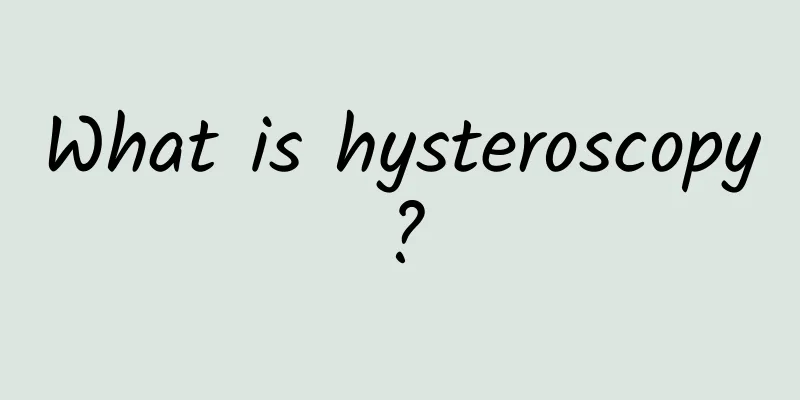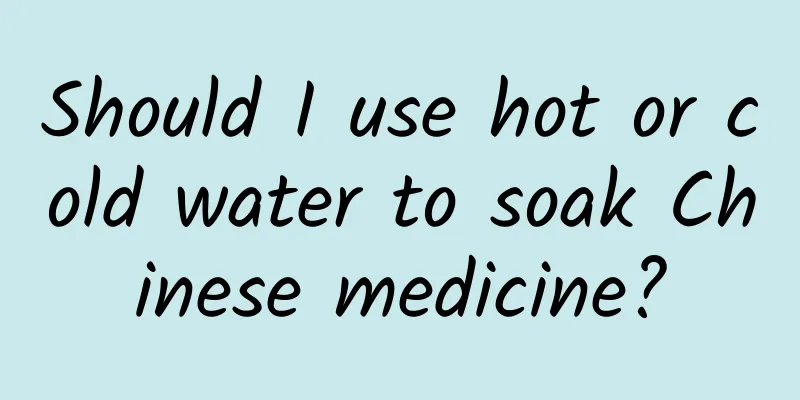How to treat gout in the early stage? These two methods are the most effective

|
In the early stages of gout, if patients can receive timely treatment, the disease can be effectively controlled. So, how to treat gout in its early stages? 1. General treatment Eat a low-purine, low-energy diet, maintain a reasonable weight, quit drinking, drink plenty of water, and drink more than 2000ml of water per day. Avoid overeating, excessive drinking, cold and dampness, excessive fatigue and mental stress, wear comfortable shoes, prevent joint injuries, and use drugs that affect uric acid excretion such as certain diuretics and low-dose aspirin with caution. Prevent and treat concomitant diseases such as hypertension, diabetes and coronary heart disease. 2. Acute gouty arthritis Rest in bed, elevate the affected limb, apply cold compress, and resume activities only after the pain is relieved for 72 hours. Seek treatment as early as possible to prevent prolonged illness. The following drugs should be used early and in sufficient amounts, and dosage should be gradually reduced after effectiveness is achieved. Do not start uric acid-lowering treatment during an acute attack. Those who are already taking uric acid-lowering drugs do not need to stop taking them during an attack, so as to avoid fluctuations in blood uric acid, prolonging the attack time or causing metastatic attacks. (1) Nonsteroidal anti-inflammatory drugs (NSAIDs) Nonsteroidal anti-inflammatory drugs can effectively relieve acute gout symptoms and are the first-line medication. Common adverse reactions of non-selective non-steroidal anti-inflammatory drugs such as indomethacin are gastrointestinal symptoms. Gastric protectants can be added when necessary. They are contraindicated in patients with active peptic ulcers and should be used with caution in patients with renal insufficiency. Selective cyclooxygenase (COX)-2 inhibitors such as celecoxib have fewer gastrointestinal reactions, but attention should be paid to their adverse reactions to the cardiovascular system. (2) Colchicine is a traditional medicine for treating acute attacks. Colchicine has many adverse reactions, mainly gastrointestinal reactions, but can also cause bone marrow suppression, liver damage, allergies and neurotoxicity. Adverse reactions are dose-related, and patients with renal insufficiency should use a reduced dose. (3) Glucocorticoids have a significant therapeutic effect in the treatment of acute gout and are usually used for patients who cannot tolerate nonsteroidal anti-inflammatory drugs and colchicine or who have renal insufficiency. For acute attacks involving only one or fewer joints, joint fluid aspiration and injection of long-acting glucocorticoids can be performed to reduce systemic drug reactions, but concurrent infection should be excluded. For polyarticular or severe acute attacks, small to medium doses of glucocorticoids can be used orally, intramuscularly, or intravenously. To avoid "rebound" of symptoms after stopping the medication, a small dose of colchicine or non-steroidal anti-inflammatory drugs can be added when stopping the medication. |
>>: Four tips to prevent newborn babies from crying their voices hoarse!
Recommend
Can diabetics eat kumquats? How to eat them healthily
Kumquats have a high sugar content and are easily...
Will excessive moisture in the body cause acne?
Acne is not unfamiliar to everyone, because we ha...
What are five ways to make your hair grow faster?
If you want your hair to grow faster, you should ...
Is artificial urticaria contagious?
Speaking of urticaria, many friends will think of...
Treating coronary heart disease
Coronary heart disease is the abbreviation of cor...
Is moxibustion effective for synovitis?
Moxibustion is a very good treatment measure in t...
The benefits of patting the head
Reasonable daily exercise is very beneficial to p...
Chinese medicine for acne treatment
Acne has become a very common phenomenon. It seem...
Why do I have chest pain?
Chest pain is quite common in life, and there are...
The pimples I squeezed have a bad smell
Although everyone knows that you should not squee...
What causes swollen eyes?
Swollen eyes are a common problem in our daily li...
How is costochondritis diagnosed and treated?
Costochondritis is also a common disease in life....
What causes acute hypertension?
Hypertension has become an increasingly common di...
Peripheral nervous system
The peripheral nervous system is the system in th...
Do you know about the dietary treatment for hemorrhoids?
The incidence of hemorrhoids in our country is so...









